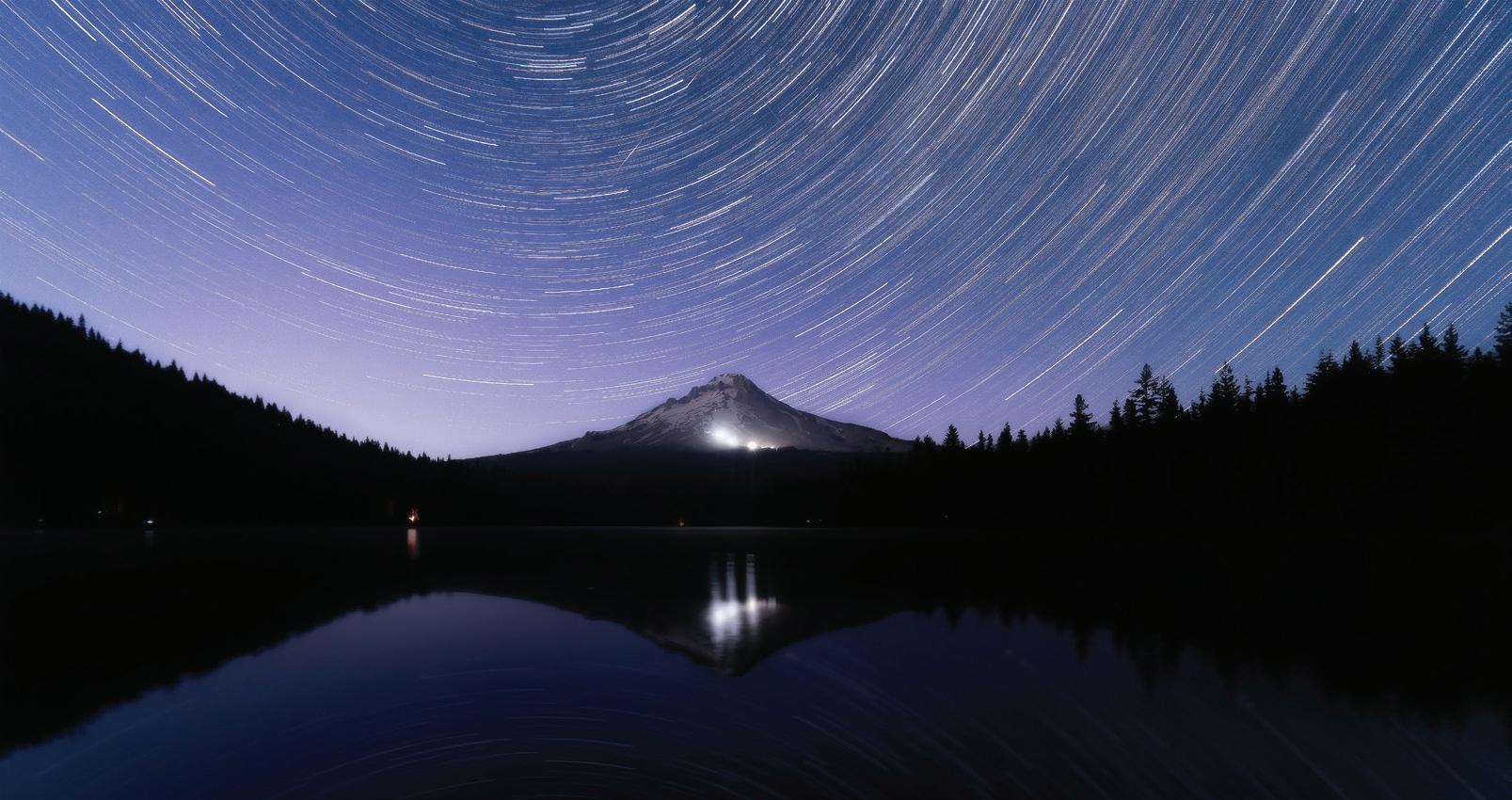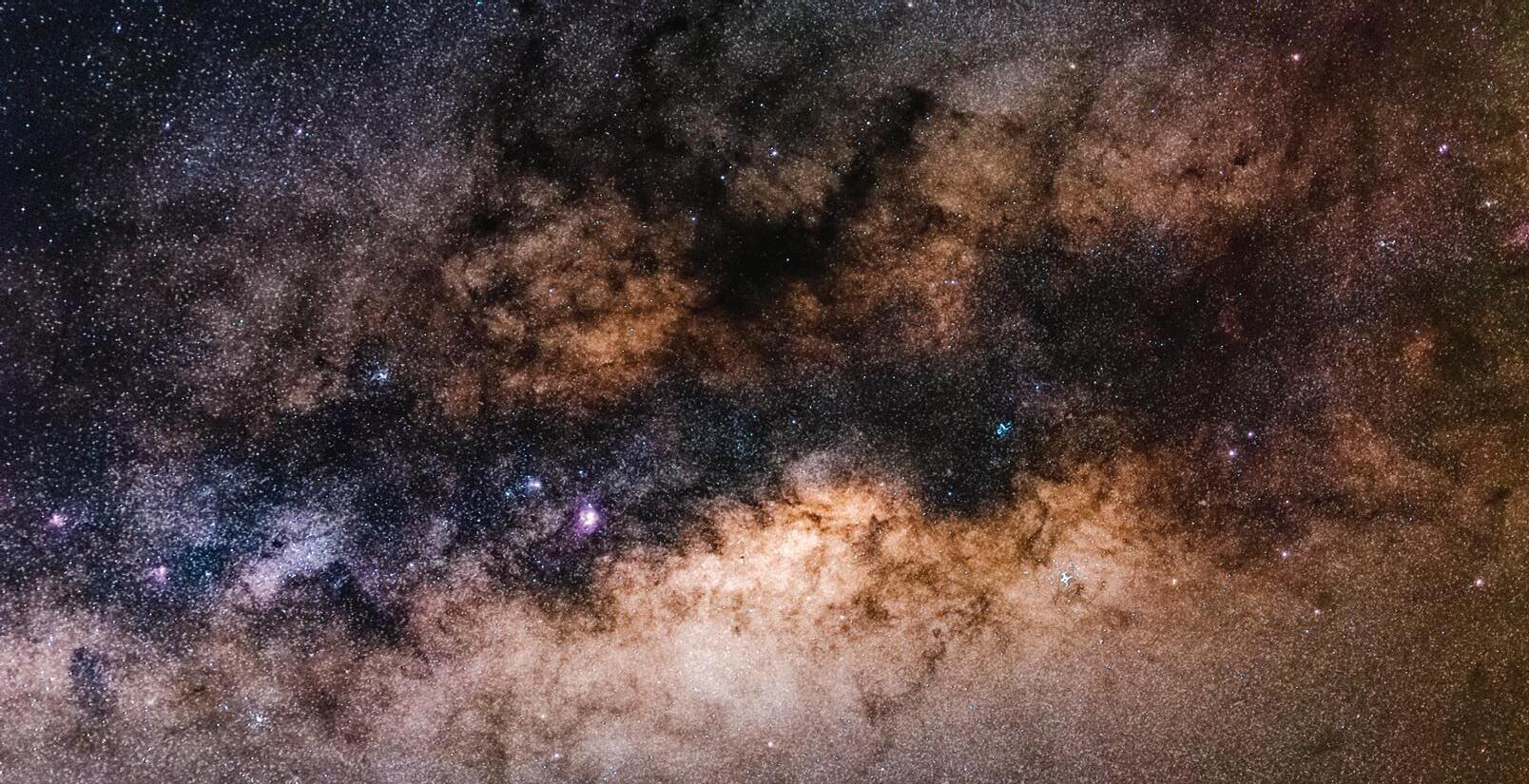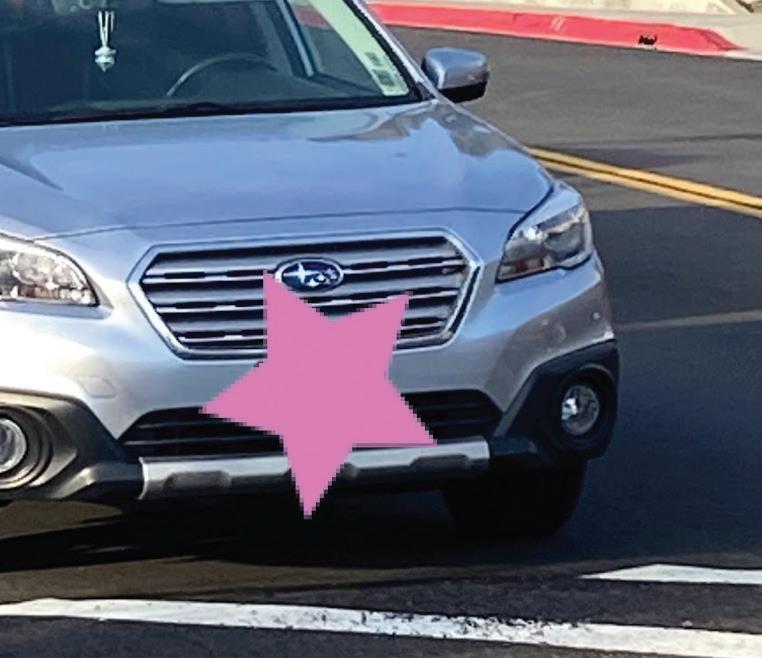
2 minute read
Good News: Spend a night under the stars
Picture this: You wake up to your alarm playing some random song in your ears at 2 a.m. You stick an arm out of your sleeping bag and turn it o . You don’t have the rain fly on your tent, so your barely-open eyes can faintly see some stars above you.
While it may seem like a bad way to wake up — far too early, probably cold and definitely uncomfortable — it really is the start of something incredible.
You stumble out of the tent, grabbing a chair and your camera. Hopefully, you won’t step into an ant nest this time. You avoid any bugs in the area, place the chair down and sit back to look at the massive open sky.
As your eyes adjust, more and more stars appear, and eventually, you can see the Milky Way stretch across the sky. It looks like a faint cloud of dust to your eyes, almost more present when you don’t look directly at it. While it might not seem like much right now, your camera will tell a di erent story.

And so, you set up your camera and choose the part of the sky you want to photograph. As the camera shutter begins to click open and close, you relax in the chair and take in the beauty of the sky.
This is an ideal night during Milky Way season, which occurs between February and October when the Milky Way core is visible at night, according to Capture the Atlas.
Technically, all the stars we see in the sky are part of the Milky Way, but the Milky Way core is the densest region of nebulas in our sky and a common target of astrophotographers, according to Astronomy.com. lucian.himes@pepperdine.edu







I love being out in the wilderness on these beautiful nights. The lights of the city fade away, and more and more stars cover the sky.
You never know what you might find. Some nights, you can watch the sky turn around the north star; other times, it is best to focus on the Milky Way stretching across the sky.
One night, you might watch the moon glow orange during a lunar eclipse, Jupiter and Saturn almost touch during the Great Conjunction, or Comet NEOWISE travel through the sky with streaks of white and blue following it.
There are so many stars, so many galaxies and nebulae. So many possibilities of di erent things to look at, and I never get tired of looking at them.
Being out under the night sky brings me so much joy. It is hard to find any other situation that shows just how small we truly are. The more stars you count, the more seem to appear.
Under the night sky, perched on top of a hill, everything else fades away. It becomes just me and the vast expanse above. Milky Way season is here: I am going to spend many nights out under the stars, and if you are looking for an opportunity to get away, I recommend you do too.











